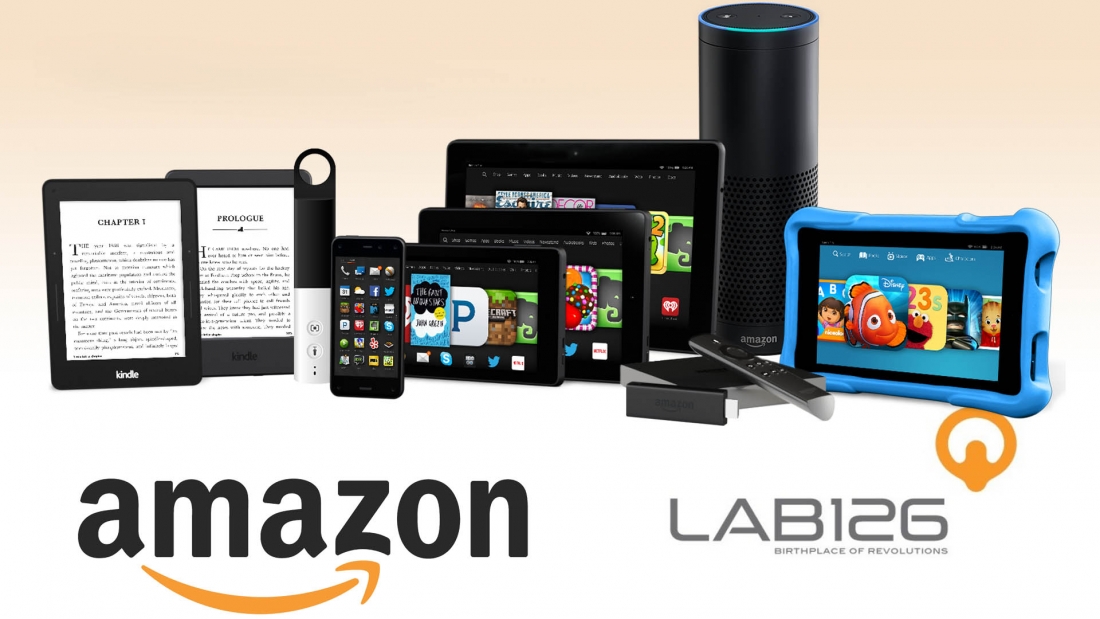A few months ago we took a look at the threat Amazon posed to traditional fashion retailers. While you might think of the online retail giant as your go-to place for electronics, books, and household items, Amazon has quickly become one of the top clothing and accessories merchants in the world. With a GMV (gross merchandise volume) of $16 Billion and realizing an average quarterly growth of 29%, it won’t be long before the site catches top with current #1, Macy’s, who has a GMV of $24 Billion.
One of the biggest hurdles Amazon is facing in growing their fashion business is gaps in selection. While one can barely keep count of the number of sweatpants being offered, if you are looking for a quality men’s suit the choices are much slimmer. To flesh out clothing categories and hopefully encourage other brands to sell on the site, Amazon will selectively utilize private labels.
While the company has alluded to using private labels in the past, it has not publicly stated any plans. Recently, though, it became apparent that Amazon was building a private label team and this week KeyBanc Capital analyst Ed Yruma announced via WWD that Amazon has already quietly launched at least 7 private brands. The brands represent approximately 1,800 SKUs across men’s suiting, dress shoes, and accessories, children’s clothing, and women’s casual and contemporary clothing and accessories. The brands are Society New York, Lark & Ro, North Eleven, Franklin + Freeman, Franklin Tailored, James & Erin, and Scout + Ro. Pointing to Amazon’s focus, the bulk of the SKUs belong to Society New York, a women’s dress and handbag brand, and Franklin Tailored, a line of mean’s accessories.
Besides the basics already offered by Amazon, their new private labels will help position the company to be a contender in the fast fashion industry. Private labels will be a huge asset to Amazon but they also need to improve their relationships with 3rd party brands. To be a break out hit, one should think of buying from Amazon because it offers almost every brand imaginable. With the fashion industry becoming more competitive and constrained, aligning with Amazon could be a huge win for retail fashion brand. Amazon could take care of all logistics associated with online sales (many companies already run their online component as a separate business), freeing up resources for a brand to focus on design and brick and mortar.





